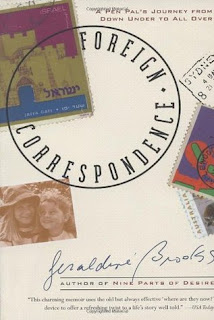Joyce, Rachel "Miss Benson's Beetle" - 2020
After reading "The Unlikely Pilgrimage of Harold Fry", I decided I didn't want to read another book by this author. Then a friend lent me her copy of this book and promised it was better. Well, it was, just a little. I think I just don't like the style of writing. And I prefer book with some content where I can learn something.
I really wanted to like this book but couldn't. I neither liked the characters nor could I really make any sense of their trials and tribulations it was all a little higgledy-piggledy, reminded me a little of the illogical sequences in sci-fi stories.
Not for me. And, after not liking two of her books, I can safely say that this was my last one by this author.
From the back cover:
"It is 1950. In a devastating moment of clarity, Margery Benson abandons her dead-end job and advertises for an assistant to accompany her on an expedition. She is going to travel to the other side of the world to search for a beetle that may or may not exist.
Enid Pretty, in her unlikely pink travel suit, is not the companion Margery had in mind. And yet together they will be drawn into an adventure that will exceed every expectation. They will risk everything, break all the rules, and at the top of a red mountain, discover their best selves.
This is a story that is less about what can be found than the belief it might be found; it is an intoxicating adventure story but it is also about what it means to be a woman and a tender exploration of a friendship that defies all boundaries."



















